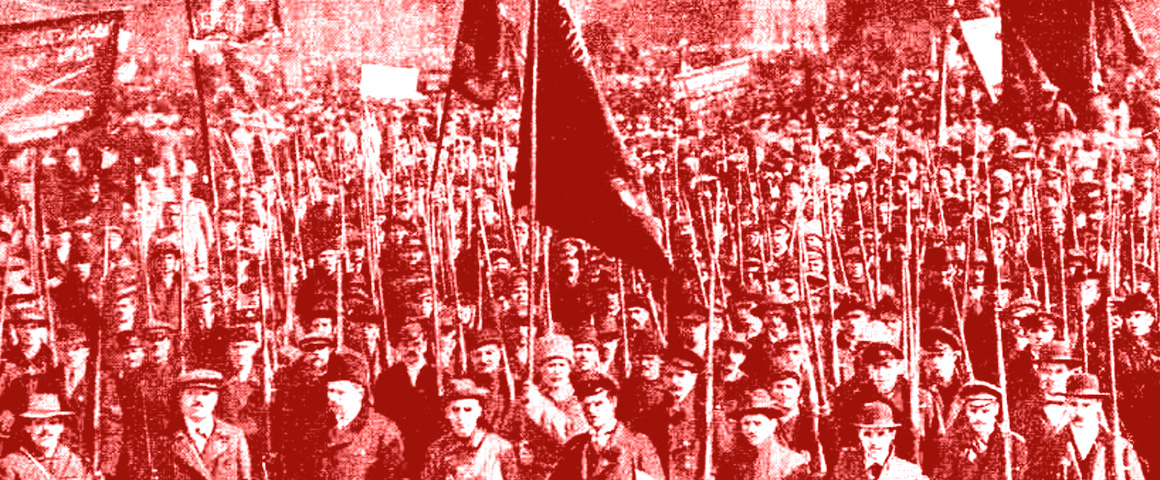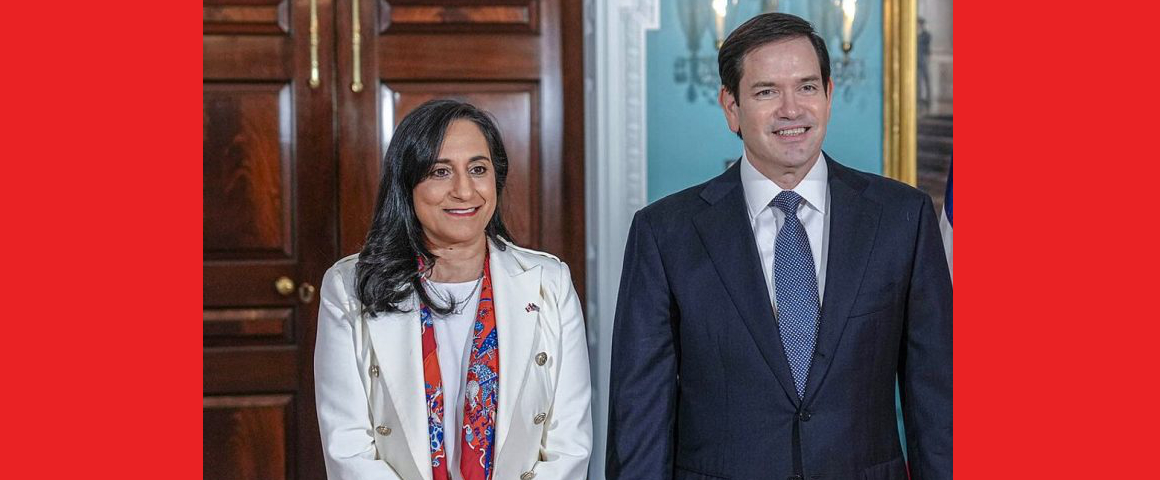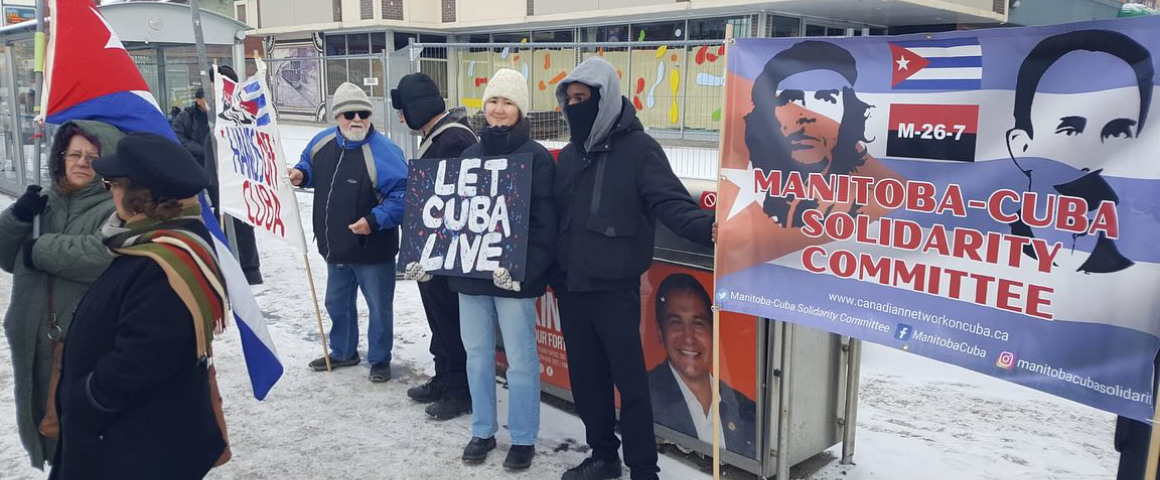This year is the 100th anniversary of the most significant political event of the 20th century. The Great October Socialist Revolution of November 1917 marked the first time in history that political power was taken by the working class. To honour this centenary, People’s Voice will print a series of historic and contemporary articles over the course of the year. This appeal by Lenin to Russian war prisoners was written in March 1917.
Comrades, a revolution has taken place in Russia.
The Petrograd and Moscow workers were again in the vanguard of the great freedom movement. They staged a political strike. They demonstrated in the streets under the Red Flag. They fought like lions against the tsarist police, gendarmerie and the small section of the army that did not immediately side with the people. More than 2,000 were killed and wounded in Petrograd alone. The Russian workers bought our country’s freedom at the price of their blood.
The workers’ demands were: bread, freedom, peace.
Bread—because, as in nearly every other country involved in this robber war, the Russian people are suffering from hunger.
Freedom—because the tsarist government, taking advantage of the war, finally turned the whole of Russia into one big prison.
Peace—because the Russian workers, like class-conscious workers in all other countries, do not want to go on dying for the interests of a handful of the rich, do not want to continue this criminal war, started by crowned and uncrowned freebooters.
The insurgent workers were joined by most of the men of the Petrograd and Moscow garrisons. The workers and peasants in soldier’s uniform extended a hand of brother hood to the workers and peasants not in uniform. The honest-minded part of the officer corps joined the revolution. Officers who tried to go against the people were shot down by the soldiers.
The revolution was carried out by the workers and soldiers. But, as has often been the case in other revolutions, power was at once seized by the bourgeoisie. The State Duma, with its overwhelming majority of landlords and capitalists, did everything it could to come to terms with Tsar Nicholas II. Even at the last moment, when civil war was raging in the streets of Petrograd, the State Duma sent the tsar one telegram after another imploring him to consent to minor concessions in order to save his crown. The tsar was overthrown by the insurgent workers and soldiers, not by the State Duma—the Duma of the landlords and the rich. But the State Duma appointed the new, Provisional Government.
It consists of representatives of the liberal capitalists and the big landowners. The chief posts in the government have gone to Prince Lvov (a big landowner and ultra-moderate liberal), A. Guchkov (an associate of Stolypin; he approved the court-martialling of revolutionaries), Tereshchenko (millionaire sugar king), Milyukov (always supported, and continues to support, the predatory war into which our country was embroiled by Tsar Nicholas and his gang). The “democrat” Kerensky has been brought in only to create the semblance of a “people’s” government and to have a “democratic” stump speaker to feed the people high falutin but empty phrases, while the Guchkovs and Lvovs work against the people.
The new government wants to continue the robber war. It is the agent of the Russian, English and French capitalists who—like the German capitalists—are determined to “fight it out” and secure for themselves the best part of the booty. The new government cannot give Russia peace, nor does it want to.
It does not want to turn the landed estates over to the people, nor does it want to make the rich hear the burden of the war. For that reason it cannot give the people bread. The workers and the poor population generally are being forced to suffer hunger just as before.
The new government consists of capitalists and land lords. It does not want to give Russia full freedom. Under pressure from the insurgent workers and soldiers it has promised to convene a constituent assembly to decide how Russia should be governed. But it is delaying elections to the constituent assembly in an attempt to win time and then deceive the people, as similar governments have done many times before. It does not want Russia to be a democratic republic. All it wants is to replace the bad Tsar Nicholas II with an allegedly good Tsar, Mikhail. It wants Russia to be ruled not by her people, but by a new tsar together with the bourgeoisie.
Such is this new government.
But alongside it another government is gradually taking shape in Petrograd—the workers and soldiers have set up their Soviet, with one elected deputy from each thousand workers or soldiers. It meets in the Taurida Palace and now has more than 1,000 members. And it is genuinely representative of the people.
The Soviet might make certain mistakes at first. But it is coming to demand, in a loud and powerful voice, peace, bread and a democratic republic.
The Soviet of Workers’ and Soldiers’ Deputies insists on immediate convocation of the Constituent Assembly and soldier participation in the elections and in deciding the issue of war and peace. It insists on the transfer to the peasants of land belonging to the tsar and the landlords. It insists on a republic and will not hear of a new, “good” tsar. It demands universal and equal suffrage for all men and women. It has secured the arrest of the tsar and tsarina. The Soviet wants to appoint a watch committee which would check on every step of the new government and would itself become the factual government. The Soviet is working for alliance with the workers of all other countries for joint attack on the capitalists. Many revolutionary workers have gone to the front in order, taking advantage of the newly won freedom, to arrange with the soldiers for united action to end the war, assure the people their rights and consolidate Russia’s freedom. The Social-Democratic paper Pravdahas resumed publication in Petrograd and is helping the workers carry out all these great tasks.
Such, comrades, is the position today.
You war prisoners cannot remain indifferent. You must be prepared for the great task that will fall to you, and perhaps very soon.
The enemies of Russian freedom sometimes count on you. They say: there are about two million Russian war prisoners; if they side with the tsar when they return home, we could again put Nicholas or his “beloved” brother back on the throne. History knows instances when yesterday’s enemies, having made peace with an overthrown tsar, returned to him his imprisoned soldiers in order that they may help him fight his own people….
Comrades, wherever you have the opportunity, discuss the great events taking place in our country. Declare with full voice that you stand together with the best part of the Russian soldiers, that you do not want a tsar, that you demand a free republic, uncompensated transfer of the land ed estates to the peasants, an eight-hour day, immediate convocation of the Constituent Assembly. Declare that you stand on the side of the Petrograd Soviet of Workers’ and Soldiers’ Deputies, that on your return to Russia you will be not with the tsar, but against him, not with the landlords and the rich, but against them.
Organise wherever you have the chance, adopt resolutions endorsing the above demands, explain to your more backward comrades the meaning of the great events taking place in our country.
You have gone through enough torment before and during the war and as war prisoners. Now we are advancing towards better days. The dawn of freedom has risen.
Return to Russia as an army of the revolution, an army of the people, not an army of the tsar. In 1905, too, the prisoners of war returning from Japan were the best fighters for freedom.
When you return home you will go to every part of the country. And you must carry a message of freedom to every remote corner, to every Russian village that has suffered so much from hunger, taxes and humiliation. Enlighten your peasant brothers, banish ignorance from the villages, call on the peasant poor to support the workers of town and country in their glorious struggle.
Having won a republic, the Russian workers will unite with the workers of all other countries and will boldly lead the whole of mankind to socialism, a system in which there will be neither rich nor poor, and in which a handful of rich will no longer be able to convert millions into their wage-slaves.
Comrades, at the very first opportunity we shall return to Russia to join our brothers, the workers and soldiers, in their struggle. But in Russia, too, we shall not forget you. From free Russia we will try to send you books, newspapers, and news of what is happening in our country. We will demand that you be adequately supplied with money and food. And we shall tell the insurgent workers and soldiers: You can rely on your brothers languishing in war prisoner camps; they are sons of the people and they will stand shoulder to shoulder with you in the battle for freedom, for a republic and against the tsar.




